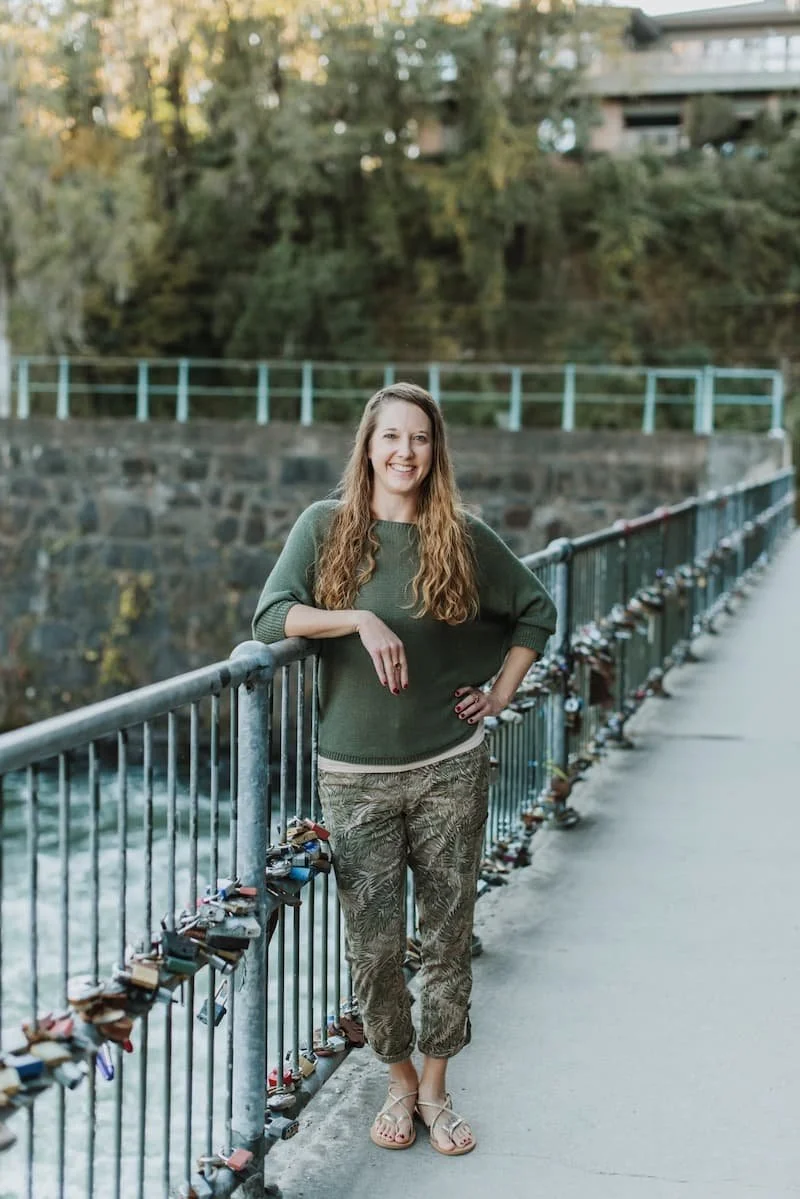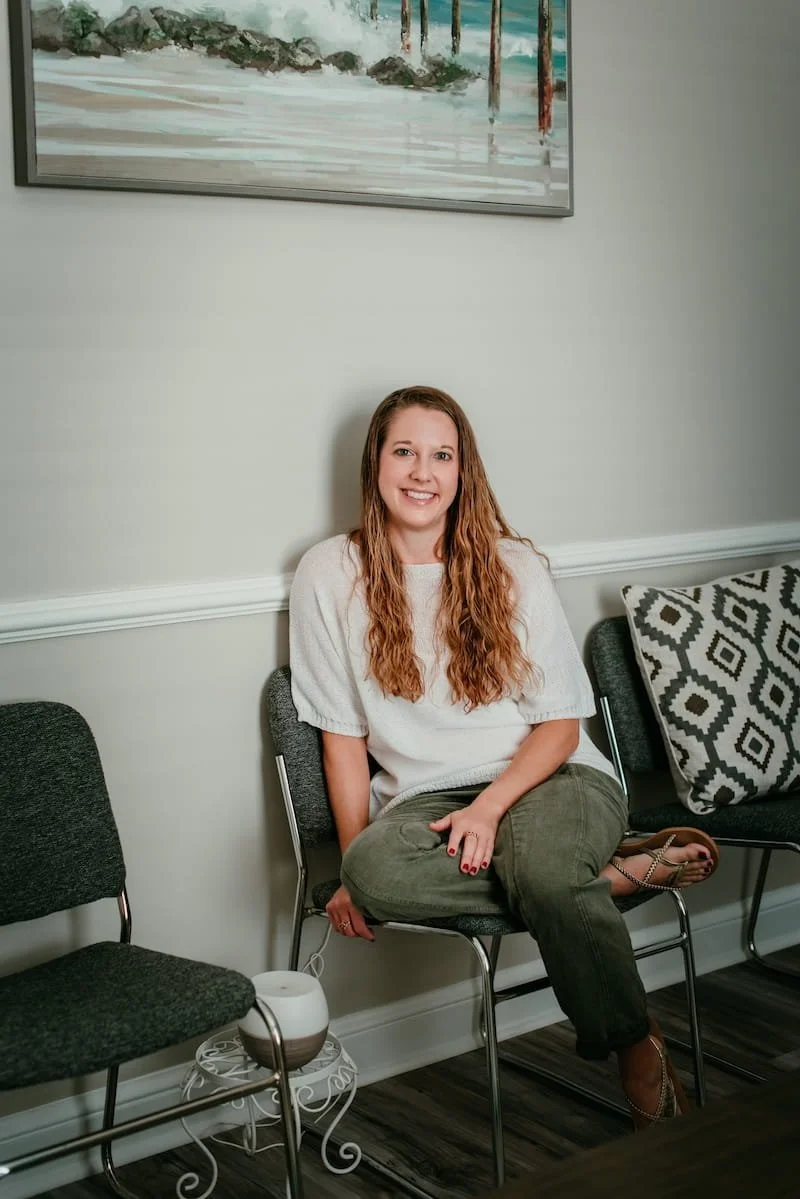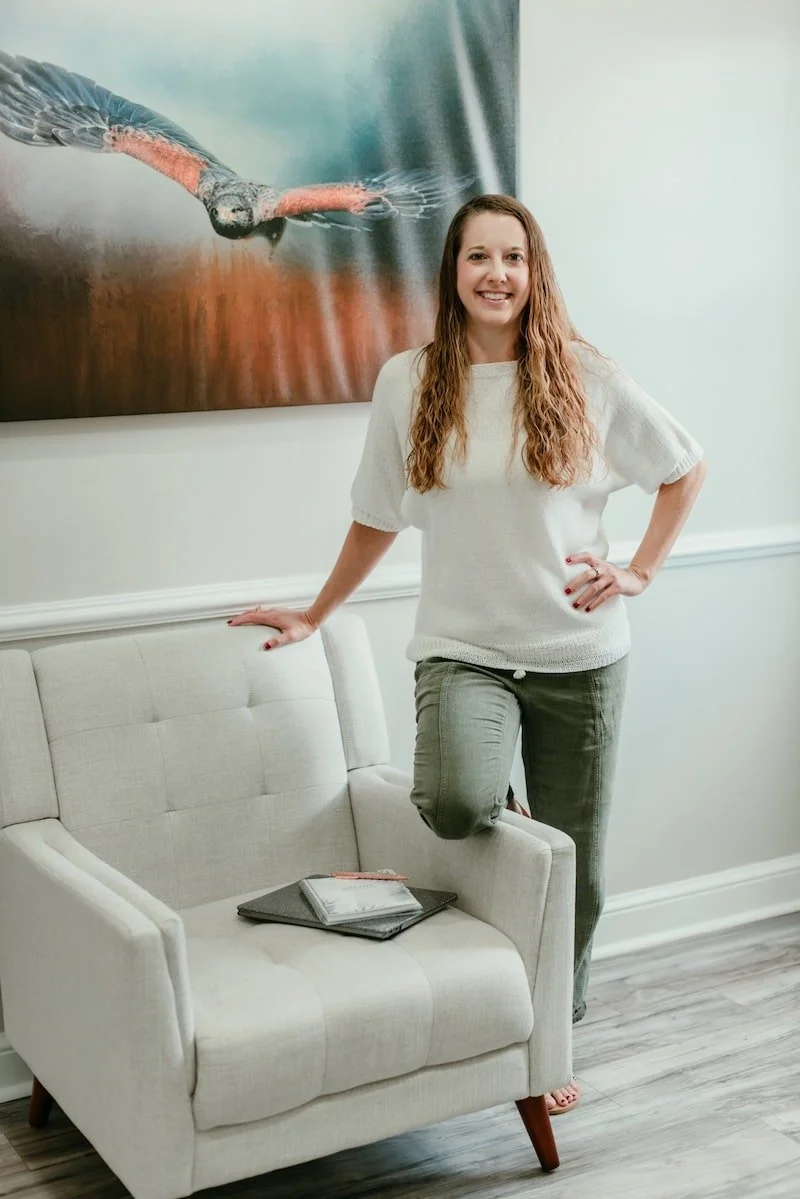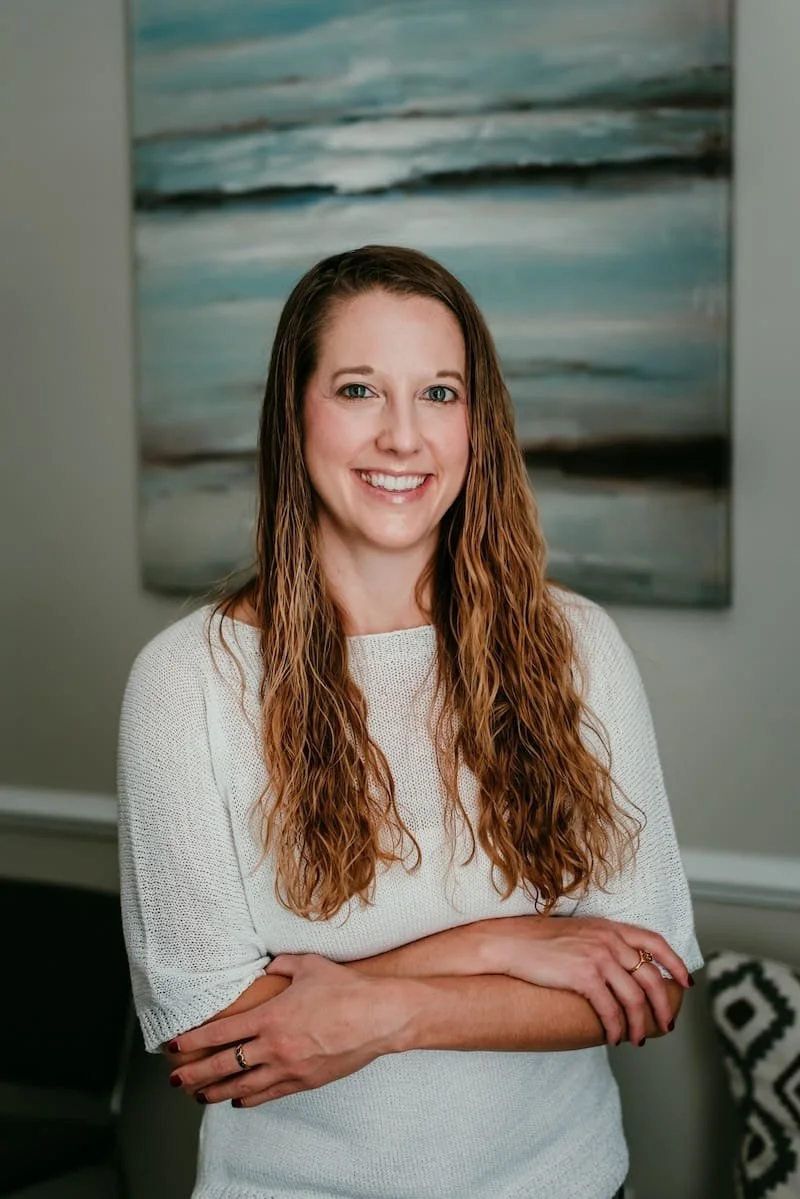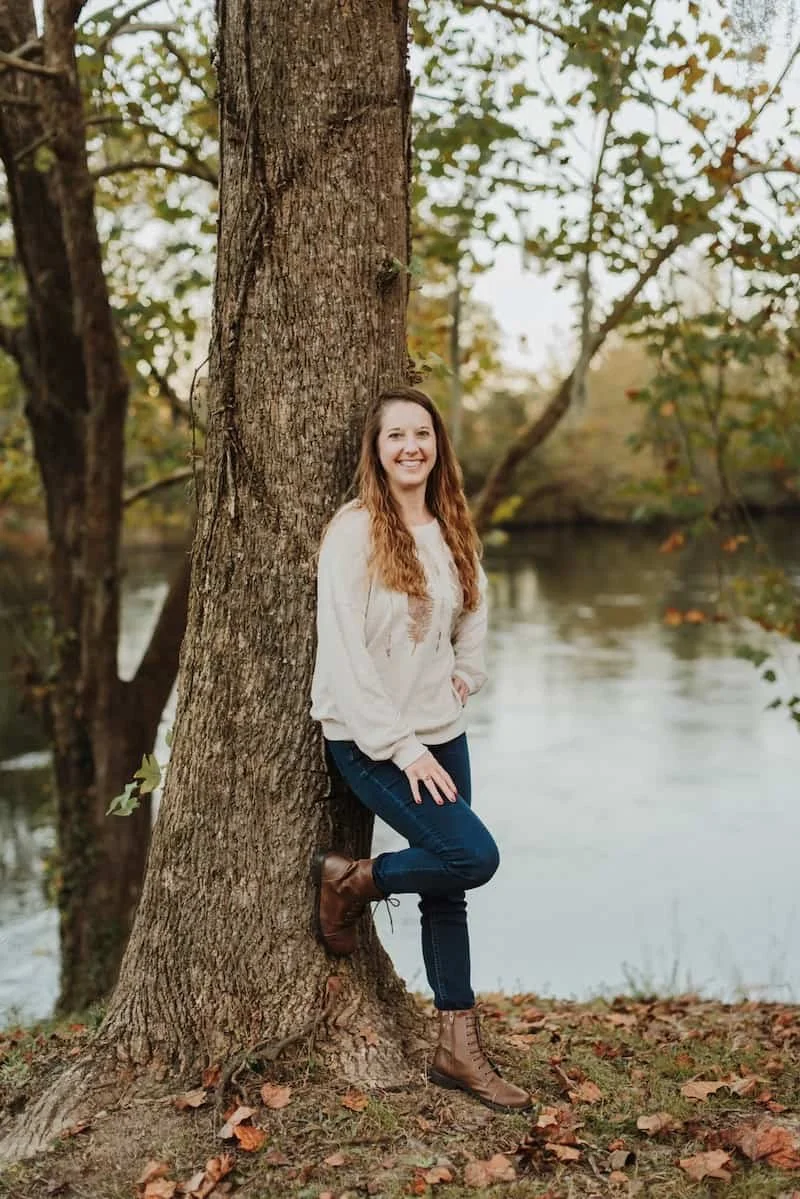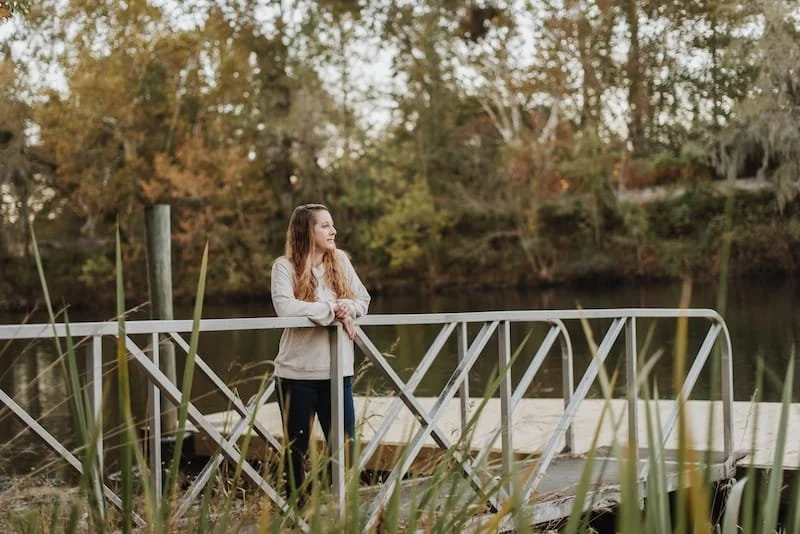
DEPRESSION THERAPY in Augusta, GA
You’re showing up and doing life, but no matter what you do, you still feel the same on the inside… empty and alone.
When you try to open up to others about your depression do you wind up feeling more alone because no one actually gets it?
Does it feel like things will never get any better so you might as well just accept life as it is even if you’re unhappy about it?
Do you constantly feel like somehow you don’t measure up and no matter what you do it’s not good enough?
Depression has been a part of your life for so long that you’re not even sure who you’d be without it.
You wake up with a hollow empty feeling. It feels like something is missing deep inside of you or maybe even like part of you is missing.
You go through the motions of living, but you don’t actually feel alive. Most of the time you feel numb and detached from the world (and people) around you. People seem to think you’re fine, but you know you’re not.
You don’t remember the last time you really felt anything. It’s almost like your emotions are frozen and every day feels the same.
Sometimes you can distract yourself doom scrolling or binge watching Netflix, but as soon as you’re done, that quiet emptiness comes back and it’s just you alone with that big empty hole inside.
No matter how heavy your depression has been, Depression Therapy can help bring relief.

You’re not the problem…depression is.
Most people are familiar with sadness, but chronic depression is different. Sadness is usually a fleeting feeling while depression is all encompassing and consuming. Sadness is usually directly related to a particular event while depression exists regardless of how good life is on the outside. If you’re someone that has a “good life” this can make depression feel even worse because now on top of depression, you also feel ashamed or guilty for not being able to pull yourself up by the boot straps and just get over it.
Depression is lonely, like really effin’ lonely.
If you’ve been experiencing depression for any length of time, you know how isolating it feels. You know how hard it is to put into words what you’re feeling. Even if you could put it into words, you doubt anyone would really understand how painful it actually is. When no one understands, it’s easy to start believing that something really is wrong with you.
Depression can feel like you’re standing in the middle of a room of 100 people, screaming at the top of your lungs for help, but no one even bats an eye. When you’re in pain and no one seems to be coming to your rescue, you can start to believe you’re not worthy or good enough because if you were, someone would help.
Depressive Disorders are one of the most common reasons that people seek therapy. While it is very common, people can experience different symptoms.
Depression can look like going through the motions of life and doing things you know are fun, without actually feeling any joy or excitement.
It can make you feel bad about yourself as a person and leave you feeling hopeless for your future.
It can also affect people physically and impact their appetite, sleep habits, or make it difficult to concentrate.
No matter how depression has shown up for you, depression treatment can help you feel differently. With the right support, depression can become a part of your experience without being the whole story.
Depression Therapy can help shine a light on the darkness that has consumed you for too long.
When you’ve experienced depression for years, it can be hard to imagine life without it. Many people worry that counseling won’t help their depression and that thought makes them feel even more hopeless.
It’s normal to feel nervous about starting counseling for depression. Talking about your depression can feel vulnerable especially when you’ve had experiences of trying to talk to friends or family about it only to end up feeling worse and more alone.
Counseling can help you understand what’s really going on underneath your depression. That understanding alone can help reduce your depressive symptoms, but working together often allows us to go deeper than just understanding. When we work with the parts of you that have felt rejected or abandoned you can give them the attention they need and have craved, which allows them (and you) to truly heal.
What to Expect in Therapy Sessions
Before your initial session, you’ll be asked to complete new client paperwork through an online portal. This paperwork covers your history, current stressors, and what you want to focus on in counseling.
During our first meeting, my focus is to get to know you as a person and understand how depression has affected your life. We’ll create a plan for depression treatment together. The plan is flexible and can change as new things come up, but we’ll know where we want to pick up in our second session.
Throughout the process of therapy, we will continue to monitor how depression is impacting you and whether it seems to be improving. We’ll work on changing the thoughts that make depression worse, but also healing on a deeper level. We create space for the parts of you most affected by depression to tell us what they need so that you can learn to love those parts and feel whole within yourself.
My Treatment Approaches
I have a holistic approach to therapy, integrating mind-body-spirit for deeper, longer lasting healing, while also incorporating evidence-based treatment modalities, including:
Internal Family Systems (IFS) helps us connect with the deepest parts of yourself that are impacted by depression. We get to know what these parts need to be seen and validated, so that depression doesn’t have to consume your entire life experience.
Cognitive Behavioral Therapy (CBT) can help you identify unhelpful thoughts that actually make your depression worse and teaches you how to think more helpful thoughts instead.
Polyvagal Theory (PVT) helps us understand what is happening in your nervous system when you’re depressed (shut down, numb). This helps us approach depression counseling in a nervous system friendly way and work with your body’s natural reaction instead of against it.
Reiki Healing is an energetic approach that strengthens the body’s natural ability to heal itself. It can help lift the weight of depression so you feel lighter and like you’re not constantly moving through mud. Reiki can be offered as a standalone service, but is also beneficial when integrated into an in-person counseling session in Augusta, GA.
Any combination of these approaches can help you lighten the load that depression has put on you.

The idea of starting therapy for depression can make you feel nervous and it makes sense that you might have some questions before beginning depression treatment.
1. What if this is just who I am and it never gets any better?
If depression has been part of your life for a long time, it’s normal to believe things can’t improve and it’s also normal to be scared to hope that they could. This is where language becomes powerful. Depression is something you experience, but it is not who you are. When you begin to separate your identity from your depression, you start to make room for the real you to come to the surface.
2. Shouldn’t I be able to just get over depression on my own?
Chronic depression often involves feeling alone much of the time, so trying to heal in isolation can make the process incredibly difficult. Treatment for depression works best through connection. Connection with a therapist, with the deeper parts of your Self, and ideally with supportive people in your life.
3. I’m afraid that if I allow myself to really face what’s inside of me, my relationships will change and I’ll end up alone.
Therapy can help you understand what you actually need in relationships and how to advocate for those needs in a way that feels true to you. It can also support you in navigating any relationship changes that may arise and teach you how to care for yourself deeply, even if others don’t show up for you the way that you need.
Healing begins when you stop seeing yourself as the problem and start seeing yourself as someone worthy of care.
If you’re tired of the pain of depression and you’re ready to start depression therapy, you can Schedule a Session here.
If you’re still on the fence, you can use my Contact Form to ask questions or book a complimentary 15-minute consultation.

